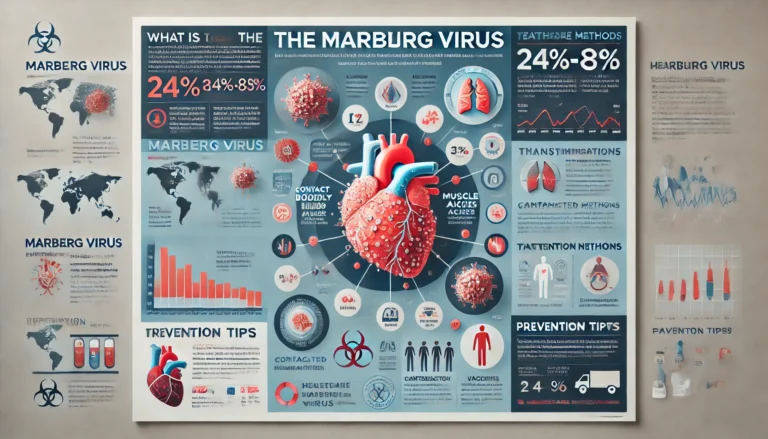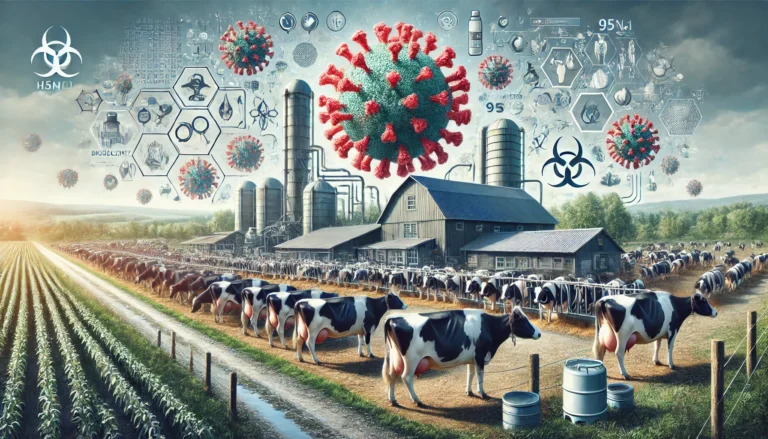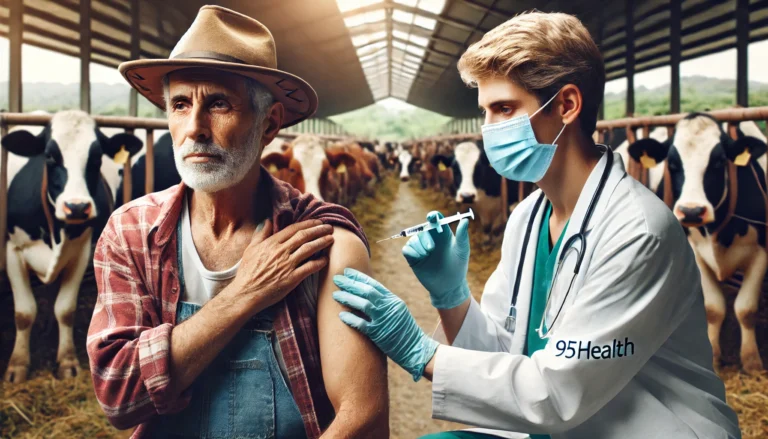Rising Threat of Antibiotic-Resistant Bacteria in Newborns: A Growing Concern in Nigeria
In recent years, a troubling trend has emerged in Nigeria: newborns are being born with bacteria resistant to some of the last-resort antibiotics. This alarming situation not only poses a significant health risk to the affected babies but also underscores a larger, global issue of antibiotic resistance.
A study conducted in Nigeria found that samples from mothers and their newborn babies, who were less than a week old, already contained bacteria resistant to colistin, one of the last-resort antibiotics. Colistin is critically important for treating severe infections like pneumonia when other antibiotics fail. This resistance is concerning because neither the mothers nor the newborns had been treated with colistin, suggesting that the bacteria were acquired from the environment or possibly from agricultural sources where colistin is used extensively.
The Role of Agriculture
The extensive use of antibiotics in agriculture is a significant contributor to the rise of antibiotic-resistant bacteria. Globally, more antibiotics are prescribed for animals than for humans, often not to treat infections but to promote growth or prevent diseases in livestock. This practice has led to the spread of resistance genes among bacteria, which can then transfer to humans through the food chain or the environment.

Implications for Public Health
The presence of antibiotic-resistant bacteria in newborns is particularly concerning because young children are already at a higher risk for infections like bacterial meningitis, which can be fatal if not treated effectively. According to a report, globally, an estimated 140,000 to 214,000 newborns die each year due to antibiotic-resistant infections.
Addressing this issue requires a multifaceted approach. On an international level, there have been calls for stricter regulations on the use of antibiotics in agriculture. For instance, Europe has banned the use of colistin in livestock feeds, yet paradoxically, these same feeds are exported to countries like Nigeria where regulations might be less stringent.
Moreover, there is an urgent need for investment in new antibiotics and alternative therapies such as phage therapy, which uses viruses that infect and kill bacteria. Unlike antibiotics, phages can be very specific in targeting bacteria and do not lead to widespread resistance.
The emergence of antibiotic-resistant bacteria in newborns in Nigeria is a stark reminder of the global nature of antimicrobial resistance. To combat this threat, it is crucial to implement better antibiotic stewardship in both human healthcare and agriculture, invest in new treatments, and ensure that antibiotics are used responsibly and only when necessary. This will help preserve the effectiveness of these life-saving drugs for future generations.
Quiz: Rising Threat of Antibiotic-Resistant Bacteria in Newborns
Test your knowledge about the article from 95health.com
Credits to 95health.com







